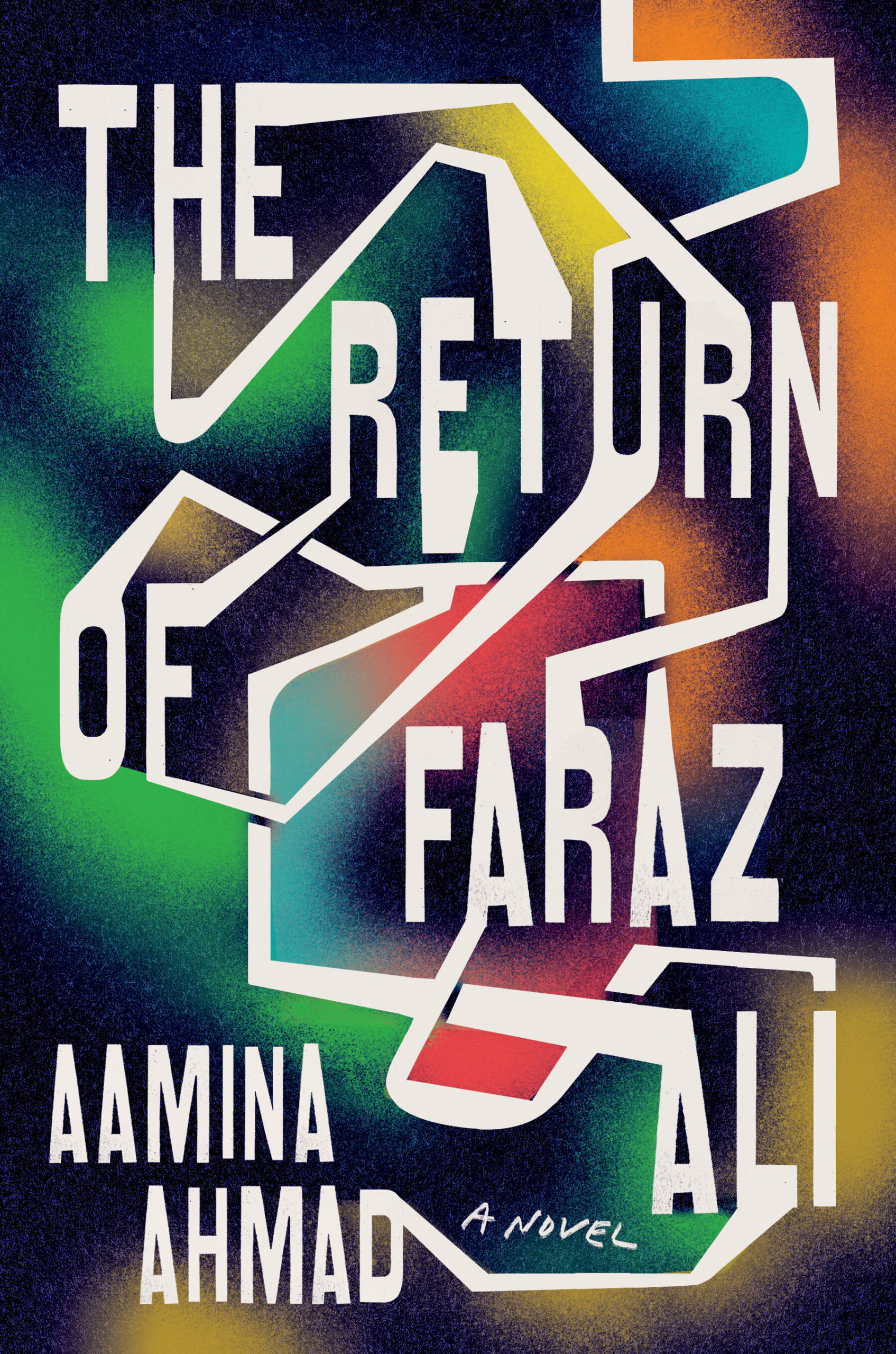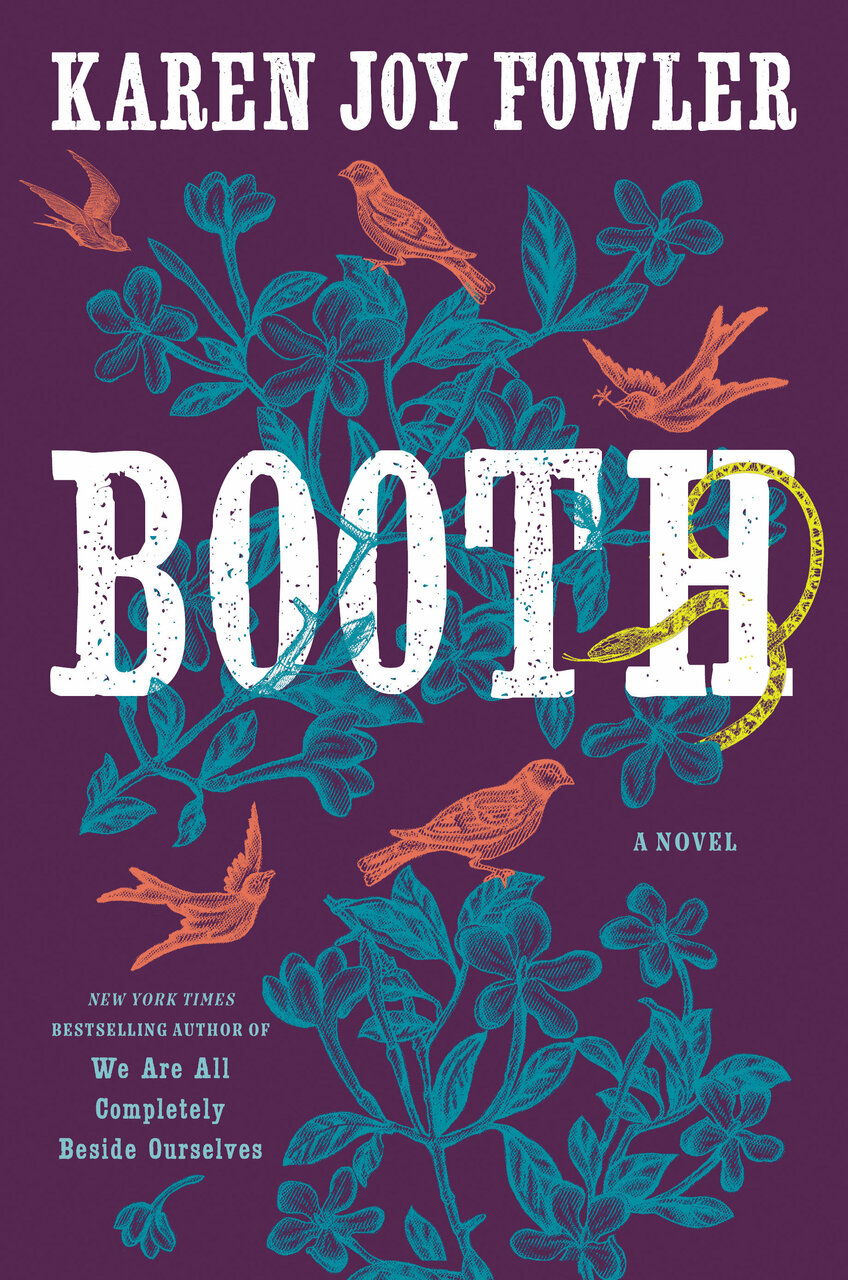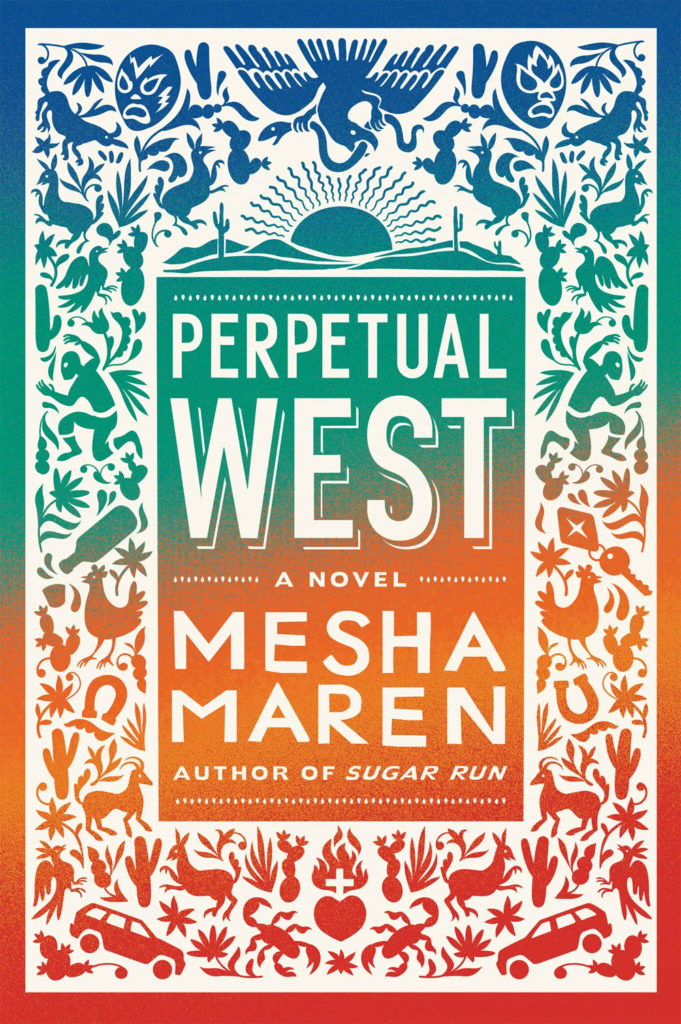
What seems at first to be a CHINATOWN-style detective novel awash with political corruption turns into something far more tangled and unconventional. Our detective, the Faraz Ali of the title, was born in the Mohalla, the sex-business district at the center of Lahore. Kanjars, the denizens are called, as if they were a bit less than human. Being a kanjar is generally a life sentence, but Faraz was kidnapped as a boy by agents of his biological father, Wajid. From a distance, Wajid saw to Faraz’s education, then got him a job with the police.
Now, however, there’s a problem. A 15-year-old girl was “accidentally” killed by a bullet through the throat. Wajid has ordered Faraz to move back to the Mohalla (the first of several “returns” that Faraz makes) to take over the investigation. Or, rather, to crush it. Wajid wants the case closed as soon as possible. A suspect has already been chosen, and he’s to be convicted and executed with a minimum of publicity.
Faraz understands what’s expected of him, and yet he can’t manage to do it. Even as he keeps asking inconvenient questions, he’s looking for his mother and his older sister, whom he hasn’t seen since his childhood, and whom he barely remembers. He has uncomfortable questions for them as well—how could his own mother have cooperated in his kidnapping? Did she feel nothing for him, have no desire to contact him in all the time they’d been separated?
Less than 20 pages in, the novel switches to the viewpoint of Faraz’s sister. Rozina is a former soap opera star, now the mistress of a high-rolling crony of Wajid’s. Her teenaged daughter, Mina, was friends with the dead girl, and some of Mina’s friends know too much about the murder. Rozina’s lover has been seeing other women, and she knows she’s aging out of the game with no other source of income.
It’s 1968, and as in Paris and college campuses across the US, there are student uprisings on the streets of Lahore on behalf of the Pakistan People’s Party, whose supporters include Wajid, Rozina’s lover, and a somewhat mysterious official named Ghazi Ashraf.
Next, the novel flashes back to North Africa in World War II, where we get an entirely different view of Wajid: British officer, Sandhurst graduate, target of constant racial slurs, a man of wit and ambition. We watch the friendship develop between Ghazi and Wajid.
Then we’re off again. The partition of Pakistan in 1947. The Bangladesh Liberation War of 1971. Several more returns for Faraz Ali. That’s a lot of history to cover in 331 pages, but Ahmad keeps us grounded in physical details and powerful emotions. Nor does she forget where she started—the murdered girl even gets the last word.
Ahmad is a product of the Iowa and Stanford writing programs, but FARAZ ALI is not your typical workshop novel. The prose is strong, unaffected, and peppered with Urdu slang that gives it authenticity. The characters are vividly drawn. She condemns the way women are brutalized by powerful men without ever preaching or rendering her male characters as monsters—with one notable exception. There’s a graphic rape scene involving a little girl that felt gratuitous, a hoarse scream when Ahmad’s calm and rational voice had already won us over.
FARAZ ALI is not an easy read, but it’s an unforgettable one.


